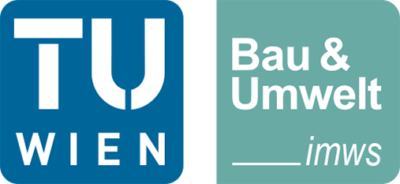Special Issue in Tunnelling and Underground Space Technology on “Advances in modelling mechanised tunnelling in urban environments”
Guest Editors:
Daniela Boldini (Sapienza University of Rome, Italy)
Andrea Franza (Aarhus University, Denmark)
Arash Alimardani Lavasan (University of Luxembourg, Luxembourg)
Nunzio Losacco (Politecnico di Bari, Italy)
This Special Issue focuses on the most recent advancements in numerical modelling of mechanised tunnelling in the urban environment to provide accurate predictions of the effects of tunnel construction in terms of ground movements and relevant soil-structure interaction phenomena, accounting for operational and construction details. Key topics include the effect of face and tail grouting pressures, the influence of lining geometry and connections, the role of passive and active reinforcements or barriers for displacement mitigation, and the challenges posed by complex geometries and by the presence of adjacent deep foundations and existing nearby tunnels or underground structures. Advanced numerical methods enable modelling these tunnel-soil and soil-structure interactions, considering both short-term effects during excavation and long-term behaviour either under static or dynamic loading.
Contributions exploring novel approaches aimed at achieving reliable predictions, with a focus on the appropriate level of model complexity in both geotechnical and structural domains, are welcome. This includes state-of-the-art numerical simulations under static and dynamic conditions, along with discussions on analytical and empirical solutions. Particular attention will be given to the validation of numerical approaches using field monitoring data, experimental measurements, physical testing as well as to the identification of model parameters for reliable simulations.
This Special Issue builds on Mini-Symposium 02 on “Advances in modelling mechanised tunnelling in urban environments” at EURO:TUN 2025. However, any Author interested in contributing is warmly invited to submit an abstract, especially those interested in other topics within the scope of EURO:TUN 2025.
The expected timeline is as follows:
